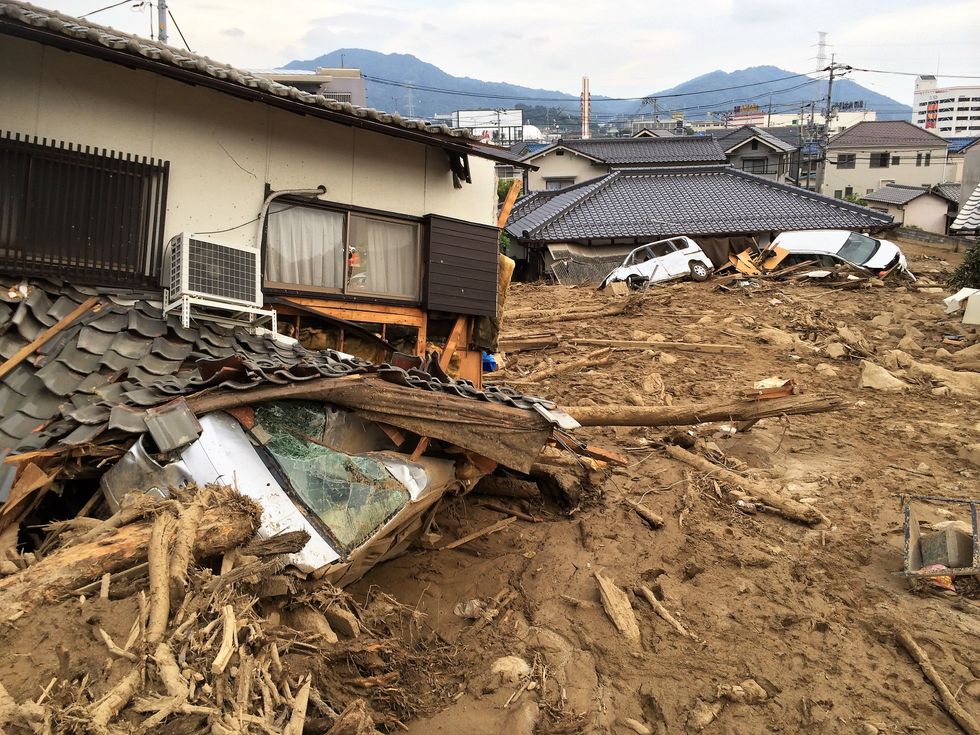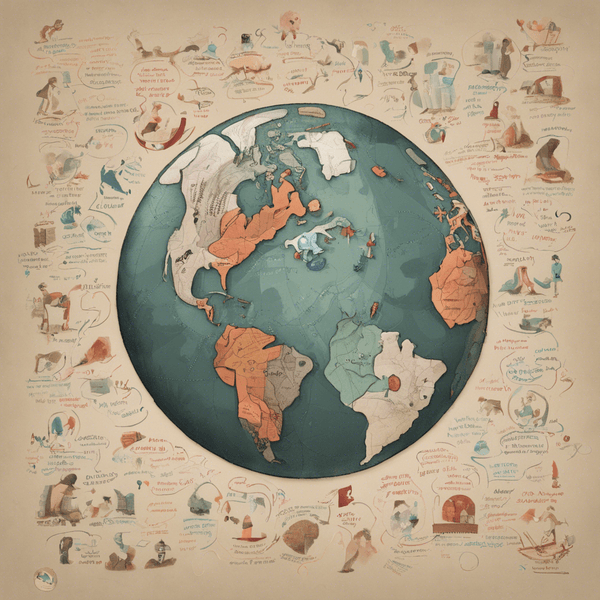An important topic in this section is that disaster brings about panic, which causes people to be effusive with emotion and thus act foolishly. Panic in society is something that does not happen solely from one individual; panic is a collective effect. In panic: myth or reality? (2002), Clarke explains that contrary to pop culture and media portrayals, group panic is actually rare. He names popular movies such as Independence Day, Armageddon and Earthquake in New York as feeding the notion that there is a point where people are so overcome with fear that they become selfish, doing anything and everything they can to escape the disastrous situation. This, as stated before, is not an accurate depiction of how people would normally act in a disaster. Clarke states that people in peril actually are more inclined to help others and that this is human nature.
An example of this is shown In A Twin Towers' Survivor Story (2002), where Brian Clark recounts his story of being one of the only few people to escape the towers during the 9/11 terrorist attack. His first thought when the first plane struck was that there had been an explosion. Rather than panicking, he got out his whistle and flashlight and yelled for people to evacuate the building. He also saved a man's life and helped him get out of the building safely. Unlike what many of us may believe, many people during 9/11 did not go into a panic due to social norms. Panicking in a public space is a deviant from the social norm.
Another example is shown in a Radiolab podcast (9-1-2018), where Lora Shrake recalls her story about saving a woman who was getting mauled by a 950-pound bull surrounded by an electric fence. Instead of just going on her way, Shrake climbs over the fence and a neighbor hands her a two-foot pipe. She hits the bull with the pipe, distracting him long enough for the woman to get up from underneath it. They both successfully made it over the fence. She explains that in the moment, there was no "weighing your options" or any "choice" to flee; all she thought about was what she could do to help the woman who would have died. This gives us a huge insight on human nature. In moments of peril, rather than weighing our options, we perform altruistically.
The media plays a big role in fueling the notion that during times of disaster, people turn into selfish creatures. On December 3, 1979, 11 people were killed in a stampede during a The Who concert (1987). Because of the high density of people entering the venue, many people were pushed onto the concrete floor outside the venue. Johnson states that the media twisted the story to make the stampede fit within the expected, common-sense panic notion that scholars hold. In actuality, a few concert goers tried to help and prevent others from being harmed during the rough, unregulated entrance. In Glassner's writing (1999), he claims that every few months, we find a new category of people to fear and worry about. He mentioned the paradox of a culture of fear: serious problems that pose dangers to society are widely ignored. An example of this is poverty, which is linked to child abuse, drug abuse, and crime. Worrying about the wrong things are what is causing society to fall deeper into problems that society sees as abhorrent. In Clarke's Worst Cases (2005), he mentions that studying worst cases actually offers a glimpse into human nature and how society functions. Fear is not inherently a negative thing, as reflecting on that fear of a disaster can help society better prepare for another disaster. During times of disaster, it is expected that people act selfishly and only value their own lives; however, due to social norms and connections, people act civilly and in cooperation with each other, revealing an unexpected aspect of human nature.
- Human Beings Are Losing Touch With the Natural World ›
- The Great Gatsby Teaches An Even Greater Lesson ›
- Religion Isn't Sinister; Human Nature Is ›
- The Principles of Human Nature ›
























